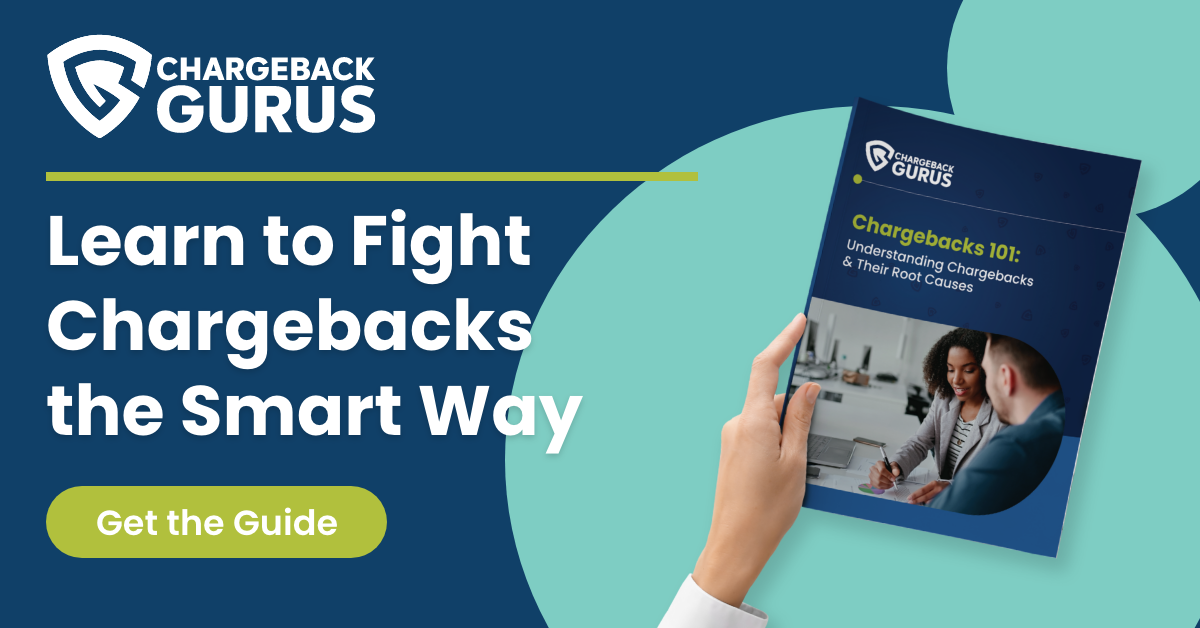Fighting Auto Rental Chargebacks

As we discussed in our previous article, many of the fees and charges that auto rental companies pass on to their customers result in illegitimate transaction disputes known as friendly fraud. When a merchant receives a chargeback, the first thing they should do is investigate the transaction and try to determine exactly what went wrong. Often, what you find is that a customer who is unhappy with a legitimate transaction has gone to their bank and made false claims in order to get their money back through the chargeback process.
For example, a rental company might receive a chargeback from a customer who told their bank that they were charged for an upgrade they never asked for and did not use. Upon examination, the disputed transaction turns out to be a damage repair charge that the customer agreed to pay when they signed the rental agreement. This is a friendly fraud chargeback, and the rental company can fight it by utilizing the chargeback representment process.
Chargeback Representment
Representment is an optional step in the chargeback process. When a merchant receives a chargeback, they can either accept it or fight it. To fight it, they have to present the charge a second time and submit compelling evidence that meets the conditions required by the chargeback reason code along with a rebuttal letter. The issuing bank reviews this evidence and decides whether or not to reverse the chargeback.
Compelling Evidence
The type of evidence you will need to provide in chargeback representment is specified by the reason code. For auto rental companies, friendly fraud chargebacks frequently show up as claims that the merchant processed a transaction without the cardholder’s authorization, that the transaction amount did not match what the cardholder agreed to pay, or that the merchant misrepresented or failed to deliver the goods the cardholder paid for. In the example above, the chargeback could show up under any number of different reason codes.
For fraud and authorization-related chargebacks, you may need to produce proof from your point-of-sales terminal that shows that you processed the transaction with proper authorization.
For chargebacks related to the non-delivery or misrepresentation of goods and other merchant disputes, you will usually need to provide a copy of your rental agreement that explains the conditions under which the disputed charge is applied, proof that the customer signed the agreement, and proof that the conditions of the charge were met. In the above example, you might include before and after photographs showing the damage to the vehicle, and an invoice for the repairs.
Fighting chargebacks is necessary for protecting yourself and recovering your revenue, but it can be a lot of work, and issuing banks don’t always make the right decision. It is possible to appeal a rejected representment to the card network for arbitration, but if you lose the case, you can be liable for hundreds of dollars in additional fees.
The more cost-effective way to deal with chargebacks is to prevent them from occurring in the first place. Next, we’ll take a look at some of the best tips for proactively avoiding auto rental disputes.
Thanks for following the Chargeback Gurus blog. Feel free to submit topic suggestions, questions, or requests for advice to: win@chargebackgurus.com



